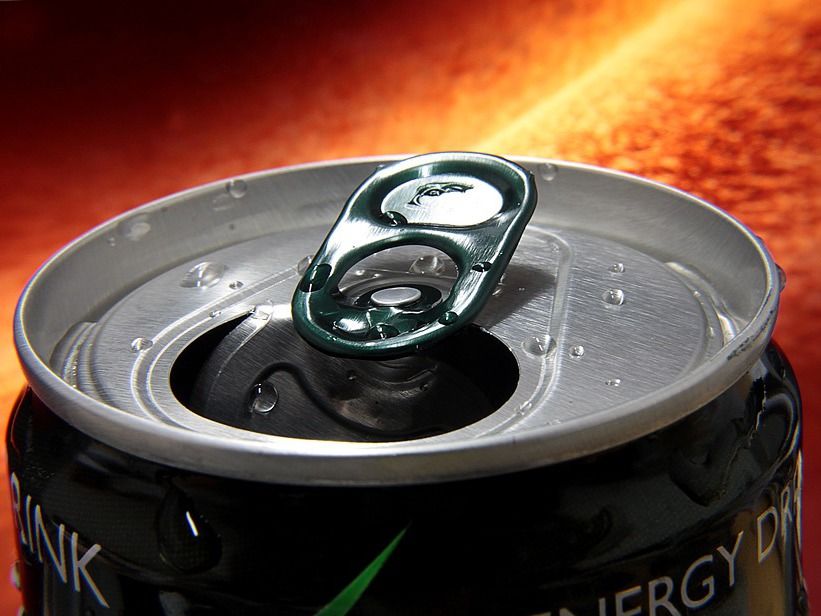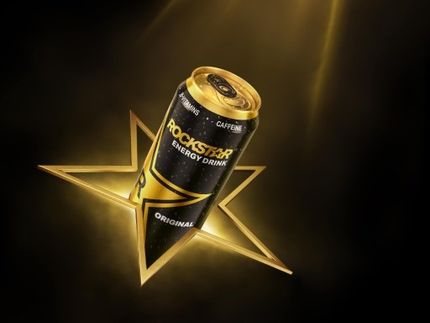Excessive consumption of energy drinks increases health risk in children and adolescents
Advertisement
energy drinks containing caffeine are drunk in large quantities, especially in discotheques, at music and sports events or during long computer games. According to the European Food Safety Authority (EFSA), children and adolescents should not consume more than three milligrams (mg) of caffeine per kilogram (kg) of body weight per day. In a healthy young person with about 50 kg body weight, this is 150 mg caffeine. This amount is already exceeded with two standard energy drink doses, each containing 80 mg caffeine per 250 millilitres (ml). However, some young people drink four doses or more in a few hours on certain occasions. This can result in increased health risks, especially for the cardiovascular system. The Federal Institute for Risk Assessment (BfR) has now issued a statement on the risks of energy drinks for young people.
"The ten percent of children and young people who consume a litre or more of energy drinks within a few hours are to be regarded as a high-risk group," says Professor Dr. Dr. Andreas Hensel, President of the BfR. "Many people don't know that additional alcohol or strenuous physical activity further exacerbates the adverse effects of caffeine."
In addition to caffeine, energy drinks usually contain other substances such as taurine, glucuronolactone or inositol and are advertised to increase concentration and physical performance. In high intakes, however, caffeine can have a negative effect on the cardiovascular system.
In its assessment, the BfR comes to the conclusion that moderate amounts of energy drinks do not lead to undesired effects in young healthy adults. However, some who had drunk one litre in the evaluated studies showed moderate to more severe effects: Heart palpitations, shortness of breath, muscle tremor, nausea, anxiety, nervousness as well as changes in the electrocardiogram (heart current curve).
Surveys on drinking behaviour show that ten percent of children and young people in Germany consume excessive amounts of energy drinks of one litre and more on certain occasions.
The BfR therefore recommends more intensive education in order to counteract the excessive consumption of energy drinks by children and adolescents. The risk group could be easily reached with campaigns in schools, for example.
Since 2014, Energy Drink products containing more than 150 mg of caffeine per litre must bear the following notice: "Increased caffeine content. Not recommended for children and pregnant or nursing women."

symbol image
Gadini/ Pixabay
The statement published by the BfR on the effects of caffeinated beverages on the heart and circulation is linked in the top right-hand corner of the box.
Note: This article has been translated using a computer system without human intervention. LUMITOS offers these automatic translations to present a wider range of current news. Since this article has been translated with automatic translation, it is possible that it contains errors in vocabulary, syntax or grammar. The original article in German can be found here.

























































